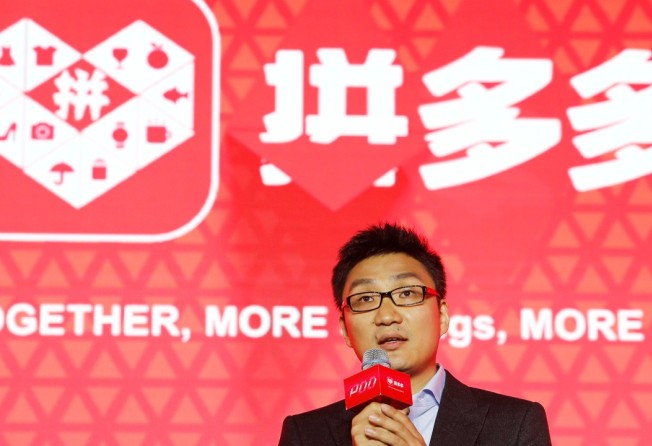How Pinduoduo founder Colin Huang went from factory worker's son to China's youngest self-made billionaire
Meteoric rise of social commerce company Pinduoduo in China’s trillion-dollar e-commerce market has taken many by surprise

Ringing the opening bell on Wall Street to mark the public trading debut of your company would be a dream come true for most entrepreneurs - but not for Colin Huang.
His mainland Chinese social commerce company Pinduoduo started trading on the Nasdaq last month, making Huang China’s youngest self made billionaire with a net worth of US$9.89 billion, according to Bloomberg's billionaire index. Huang, founder and chief executive of the company, wasn’t there for the opening bell though.
Print option is available for subscribers only.
SUBSCRIBE NOW